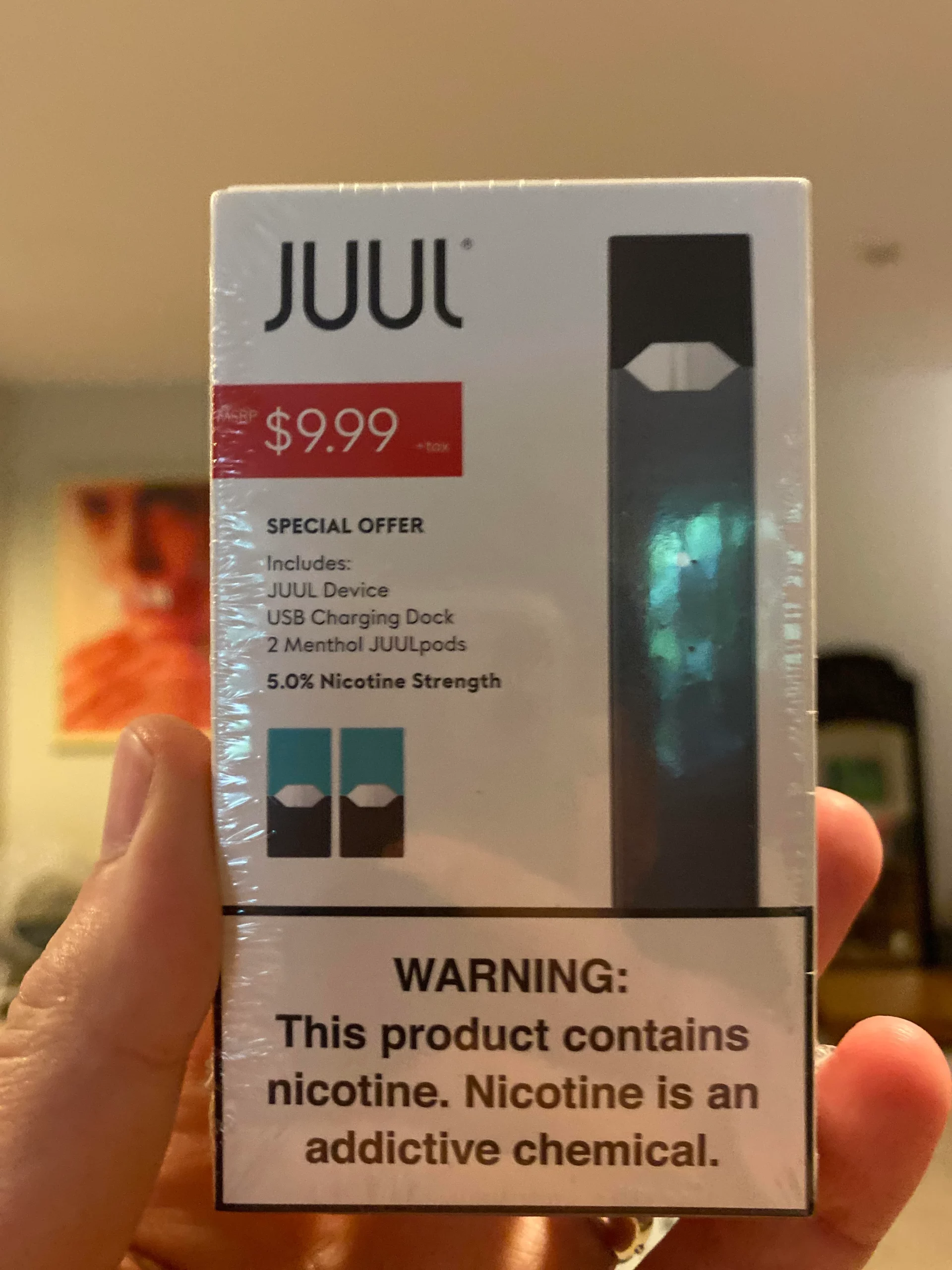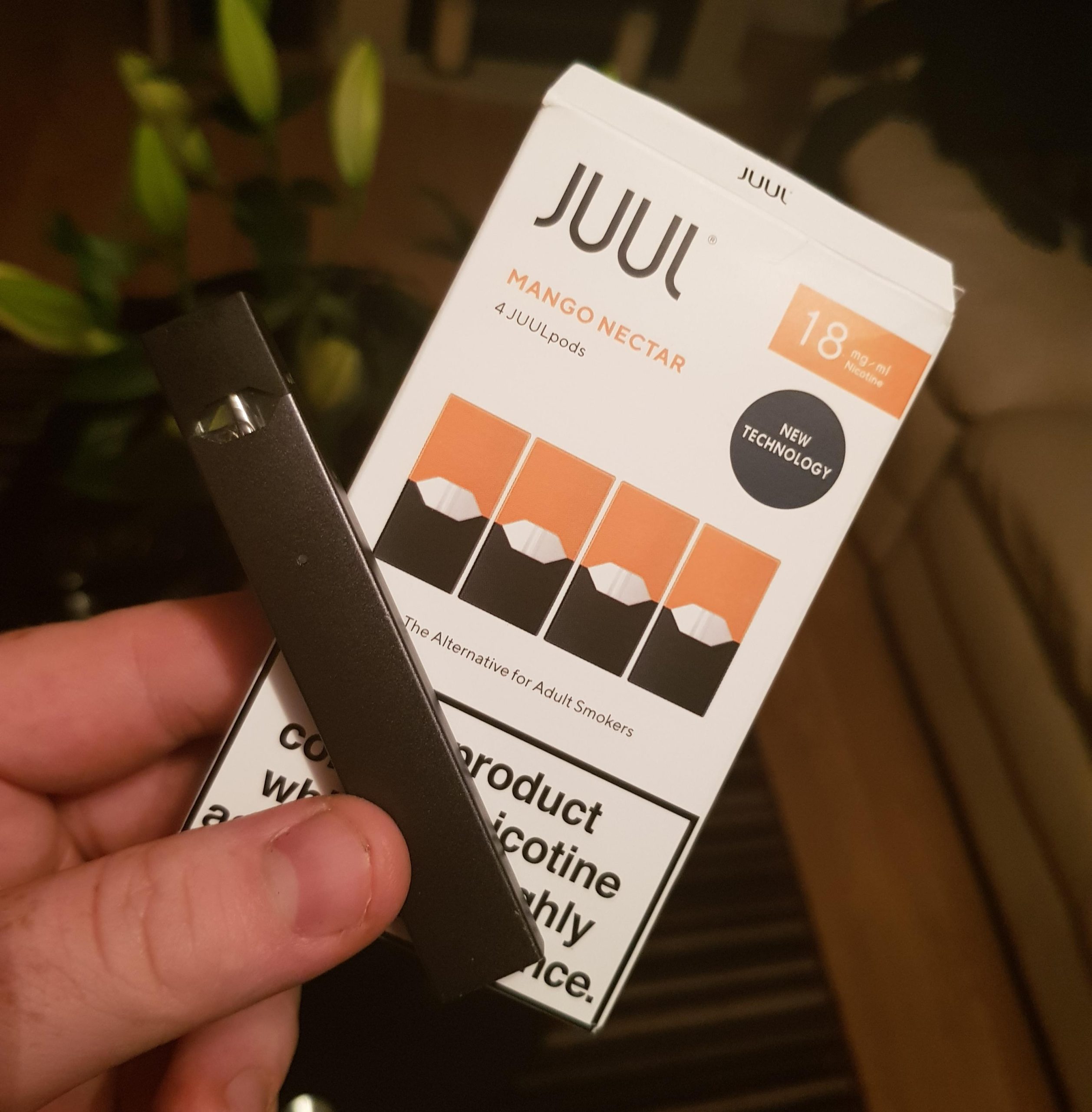Juul is a brand of electronic cigarette that has gained widespread popularity in recent years, particularly among young people. The device uses nicotine salts and a patented formula to deliver high levels of nicotine in a smooth and easy-to-use device. While Juul was initially marketed as a smoking cessation aid for adult smokers, it has been criticized for its appeal to young people and its potential health risks.
In response to concerns about the impact of e-cigarettes on youth health, there has been a growing movement to regulate or ban e-cigarettes, including Juul, in different countries and jurisdictions. These efforts have been driven by concerns about the potential health risks of e-cigarettes, particularly among young people, as well as the potential for e-cigarettes to act as a gateway to smoking traditional cigarettes.
Reasons for the Juul Ban
The Juul ban is driven by several factors, including concerns about the impact of e-cigarettes on youth health and the potential for e-cigarettes to act as a gateway to smoking traditional cigarettes.
- Health Risks: There is growing concern about the potential health risks of e-cigarettes, particularly among young people. While e-cigarettes are marketed as a safer alternative to traditional cigarettes, there is still a lack of long-term research on their health effects. Some studies have suggested that e-cigarettes may cause lung damage, respiratory problems, and other health issues.
- Youth Appeal: E-cigarettes, including Juul, have become increasingly popular among young people, with many attracted to the sleek design, fruity flavors, and high nicotine content. This has raised concerns about the potential for e-cigarettes to act as a gateway to smoking traditional cigarettes.
- Marketing and Advertising: Some critics argue that e-cigarette companies, including Juul, have engaged in aggressive marketing and advertising campaigns that target young people. This has included social media campaigns, sponsorships of events and concerts, and product placement in popular TV shows and movies.
Juul Ban in Different Countries and Jurisdictions
The Juul ban has taken different forms in different countries and jurisdictions. Here are some of the most notable Juul bans and restrictions around the world:
- United States: In September 2019, the U.S. government announced a ban on flavored e-cigarettes, including Juul, in an effort to curb youth vaping. The ban also included restrictions on the sale of all e-cigarette products to minors. The ban was later overturned by a federal judge, but some states and localities have implemented their own restrictions on e-cigarettes, including Juul.
- European Union: In May 2020, the European Union announced new regulations that would restrict the sale of e-cigarettes, including Juul, to adults only. The regulations also included restrictions on advertising and promotion of e-cigarettes. The regulations are set to take effect in 2022.
- India: In September 2019, India announced a ban on the sale, production, and import of e-cigarettes, including Juul, citing concerns about their impact on youth health. The ban has faced legal challenges, but it remains in place.
- Australia: In June 2020, the Australian government announced plans to ban the importation of e-cigarettes, including Juul, containing nicotine without a prescription from a doctor. The ban is set to take effect in October 2021.
- Canada: In May 2018, the Canadian government implemented regulations that restrict the sale and promotion of e-cigarettes, including Juul, to minors. The regulations also require warning labels on e-cigarette packaging and prohibit certain types of advertising. However, the regulations do not include a ban on flavored e-cigarettes.
- United Kingdom: In the UK, e-cigarettes, including Juul, are regulated under the Tobacco and Related Products Regulations 2016. The regulations restrict the sale of e-cigarettes to minors and require warning labels on packaging. However, the regulations do not include a ban on flavored e-cigarettes.
- Singapore: In Singapore, e-cigarettes, including Juul, are banned entirely. The possession, sale, and use of e-cigarettes is illegal and punishable by fines and imprisonment.
- Japan: In Japan, e-cigarettes, including Juul, are regulated under the Pharmaceutical Affairs Act. The regulations restrict the sale of e-cigarettes containing nicotine to licensed pharmacies and require warning labels on packaging.
The Future of the Juul Ban
The Juul ban is a contentious issue, with different stakeholders taking different positions on the matter. Proponents of the ban argue that it is necessary to protect youth health and prevent e-cigarettes from becoming a gateway to traditional smoking. Opponents of the ban argue that e-cigarettes, including Juul, are a safer alternative to traditional cigarettes and can be effective smoking cessation aids.
The future of the Juul ban remains uncertain, with different countries and jurisdictions taking different approaches to e-cigarette regulation. Some countries, such as Singapore, have implemented strict bans on e-cigarettes, while others, such as the UK, have opted for a more moderate approach. As more research is conducted on the health effects of e-cigarettes, it is likely that the debate over the Juul ban will continue.
Conclusion
The Juul ban is a complex issue that has sparked intense debate and controversy around the world. While e-cigarettes, including Juul, have been marketed as a safer alternative to traditional cigarettes, there is still a lack of long-term research on their health effects. In response to concerns about the potential health risks of e-cigarettes and their appeal to young people, there has been a growing movement to regulate or ban e-cigarettes, including Juul, in different countries and jurisdictions.
The Juul ban has taken different forms in different countries and jurisdictions, with some implementing strict bans on e-cigarettes while others have opted for a more moderate approach. The future of the Juul ban remains uncertain, with different stakeholders taking different positions on the matter. As more research is conducted on the health effects of e-cigarettes, it is likely that the debate over the Juul ban will continue.







